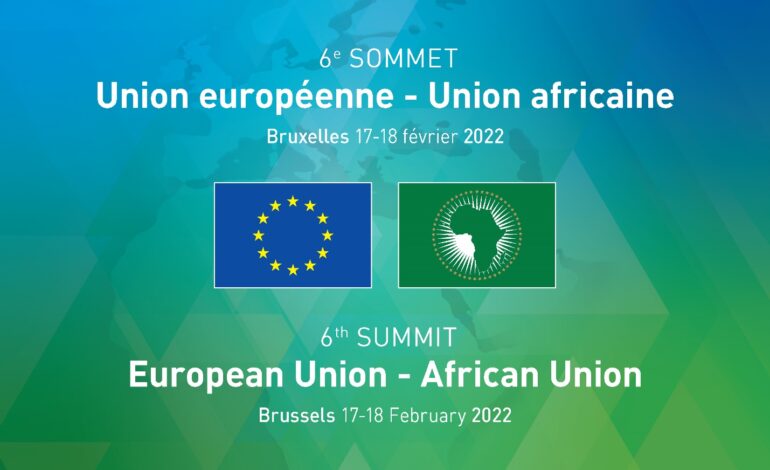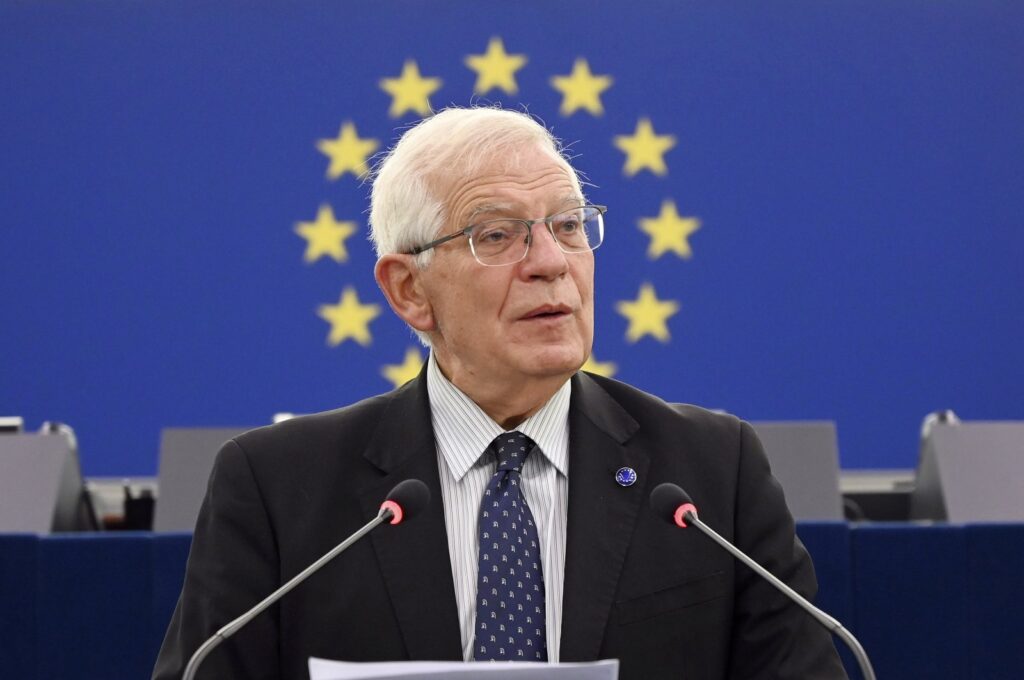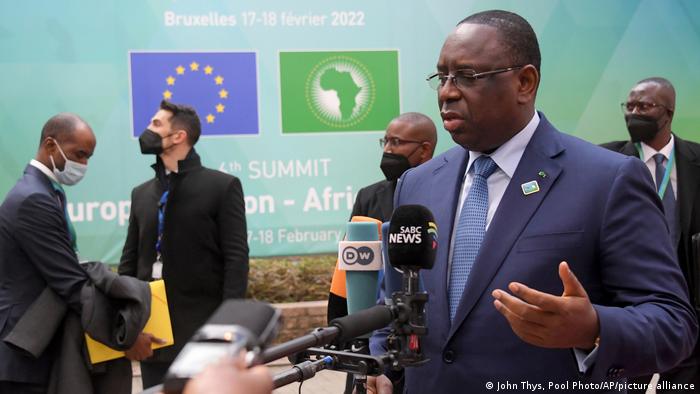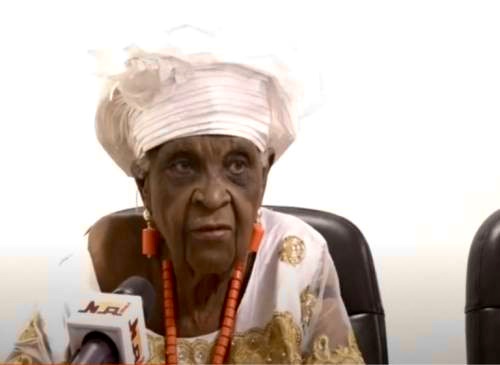
Ekeomah Atuonwu
On Thursday, the EU invited more than 40 African leaders to Brussels in a bid to regain its influence on a continent where China and Russia have invested heavily in infrastructure and where many people feel let down by Europe’s delivery of COVID-19 vaccines.
At the summit, the European Union will provide multiple packages of assistance to Africa in the areas of health, education, and stability, as well as half of a new 300 billion euro investment drive aimed at competing with China’s Belt and Road Initiative.
The meeting comes after France and its allies fighting Islamist terrorists in Mali announcing that their military presence in the nation would be reduced.

Josep Borrell, the EU’s foreign policy chief, said ahead of the two-day conference which was postponed from 2020 because of the pandemic that the two continents were inextricably linked.
He told the European Parliament on Tuesday that “African problems are our problems.”
“When we work to tackle these challenges, we are also working for ourselves.”
During the pandemic, Europe and other rich nations were chastised for hoarding protective gear and later vaccinations, with some African leaders warning that the slow pace of donations could lead to “vaccine apartheid.”
There was also outrage over Europe’s travel bans on South Africa following the discovery of the Omicron type there late last year.
PENDING CONCERNS
Tensions between the two continents with colonial links are at an all-time high over migratory flows and the deterioration of democracy in some African countries, particularly Mali, which has lately seen coups d’etat.
Despite the fact that France and its allies have begun their military departure from the country, French President Emmanuel Macron argued that the nine-year mission had not failed, adding that Niger had committed to host European forces combating Islamists in the region.
Since Mali’s military junta reneged on an agreement to hold elections in February and proposed staying in power until 2025, relations have deteriorated.
The European Commission announced this week that the EU and the Gates Foundation will invest more than 100 million euros over the next five years to assist in the establishment of an African medicines regulator to promote medication and vaccine development on the continent.
After the pandemic exposed the region’s reliance on imported vaccines, a race to build the African Medicines Agency (AMA) has begun.
Africa initially struggled to obtain COVID vaccines due to restricted stocks being purchased by wealthy countries. Vaccinations were later resumed, however only 10% of Africans are properly immunized.
Only about 5% of the medications and 1% of the vaccines consumed by Africa’s 1.2 billion inhabitants are made in the continent. The EU has stated that it will assist Africa in producing 60% of the vaccinations it requires by 2040.

Part of the money for the AMA will come from the EU’s Global Gateway scheme, which will mobilize 150 billion euros for Africa over the next seven years.
Separately, the European Investment Bank stated on Thursday that it will make 500 million euros in low-interest loans available to African countries to help them develop their healthcare systems.
According to the bank, the loan line is projected to mobilize a total of 1 billion euros in private and governmental investments.





Recent Comments